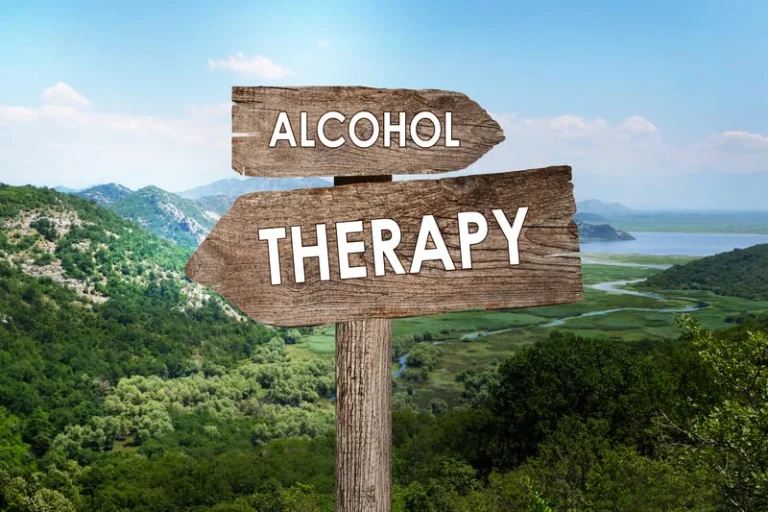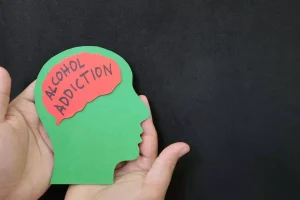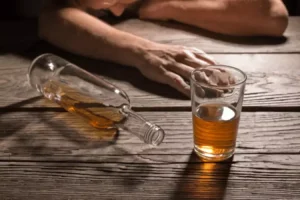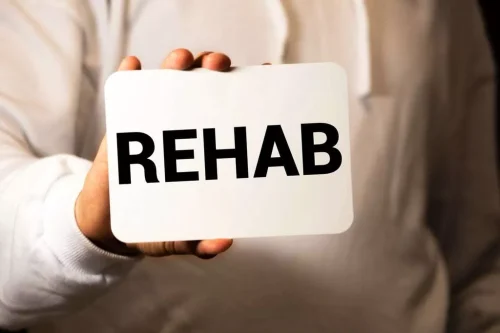
Besides, no alcohol ban has ever worked to keep alcohol out of an event. When you ban alcohol from kids’ parties, the kids turn up pre-loaded. If you ban alcohol from graduation dinners, some parents will pre-load at home. And while I’ve never brought a hip flask to a school assembly, I’ve certainly seen one there. This reporting is supported by a Journalism Funding Partners grant.
Talk about it

More often, people try to quit or cut back over time, experience recurrences, learn from them, and then continue on their recovery journey. For many, continued how to overcome alcoholism follow-up with a treatment provider is critical for overcoming alcohol problems. The provider can help adjust the treatment plan and aid long-term recovery.

Think through the situations when you tend to reach for a drink—and plan a new approach.
Dr. Streem suggests starting with the World Health Organization’s Alcohol Use Disorders Identification Test (AUDIT). It can be a particularly helpful way to help you get a clearer understanding of your drinking habits and your relationship with alcohol. It’s a 10-question screening test that gives you research-backed, personalized advice for quitting or reducing your intake of alcohol. For most people, alcohol withdrawal symptoms will begin sometime in the first eight hours after their final drink. A rare but very serious syndrome called delirium tremens can occur during alcohol withdrawal.
- From month-long sobriety challenges to the Sober Curious movement, more and more people are taking a closer look at the role alcohol plays in their lives.
- While it can be disheartening and frustrating, relapse is quite common.
- And while I’ve never brought a hip flask to a school assembly, I’ve certainly seen one there.
- Attending meetings, which are held all over the world, allow you to share your experience with others and find strength and hope from them and their experiences.
- If you don’t have a regular doctor, see a primary care provider or visit a free health clinic near you.
How to stop drinking alcohol: Tips for quitting, support, and more
Below are samples of e-health tools developed with NIAAA funding. Each of these fee-based tools has a research base that shows its potential to help people cut down or quit drinking. Certain medications have been shown to effectively help people stop or https://ecosoberhouse.com/ reduce their drinking and avoid a return to drinking. Brief Interventions are short, one-on-one or small-group counseling sessions that are time limited. The counselor provides information about the individual’s drinking pattern and potential risks.
Understand Detox
- Understanding your habits and your motivations to quit drinking can help you understand the change you’re making in your life and reinforce why it’s important.
- You can become conditioned to reach for a drink when your environment offers up certain cues.
- If you ban alcohol from graduation dinners, some parents will pre-load at home.
The Navigator offers a step-by-step process to finding a highly qualified professional treatment provider. The first step in overcoming addiction involves deciding to make a change. From there, preparing, planning, finding support, and talking to a healthcare provider can help put you on a path to a successful recovery. For example, a person who is trying to quit smoking would start by deciding whether they are going to stop smoking cold turkey or gradually reduce their nicotine use. Your health care provider or counselor can suggest a support group. Since alcohol is relatively easy to get, legal to consume for those 21 and older, and is somewhat socially acceptable, it is one of the most widely-used intoxicating substances.


- While you can never be completely cured from an addiction to alcohol, there is hope that with hard work you can heal.
- You can then apply what you learned from the first time you quit or cut down to be more successful next time.
- You might also hold onto a nonalcoholic drink instead, ask a friend to support you in difficult situations or simply exit early if temptation gets too strong, the NIAAA suggests.
- Research the kinds of treatment that are available and discuss these options with your friend or family member.